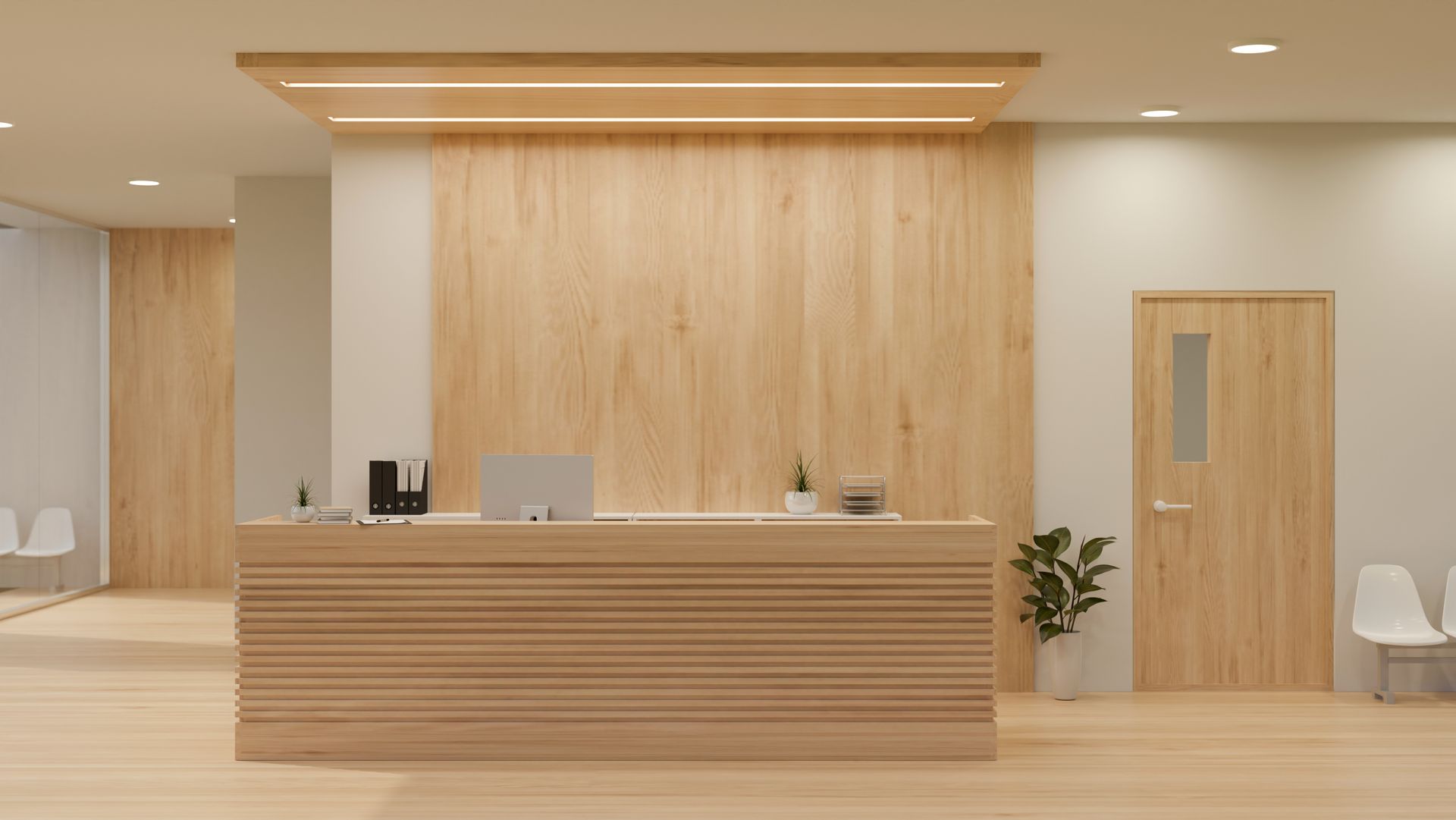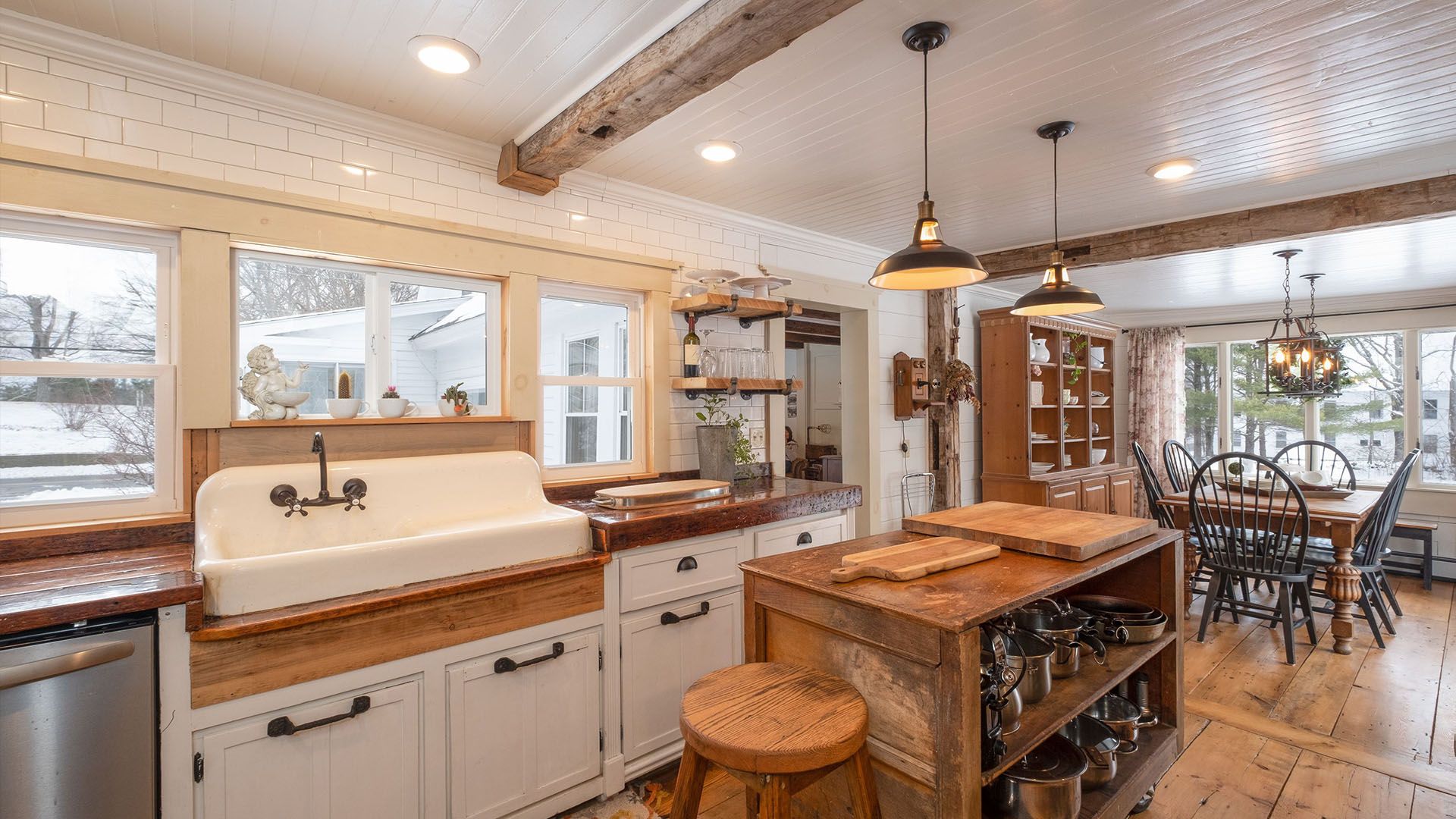Why Hiring a Commercial General Contractor Saves Time and Money
When it comes to large-scale commercial construction projects, coordinating timelines, budgets, materials, and multiple trades can quickly become overwhelming. That’s where a Commercial General Contractor (CGC) comes in. Hiring an experienced general contractor can streamline your project, reduce stress, and save you both time and money.
In this article, we’ll explore the core benefits of working with a CGC and why it’s a smart move for businesses planning commercial construction or renovation projects.
Introduction: What is a Commercial General Contractor?
A commercial general contractor is a professional or company responsible for managing and overseeing every aspect of a commercial building project—from pre-construction planning and permitting to scheduling subcontractors and ensuring code compliance. Whether it’s a new build, a renovation, or an expansion, their job is to make sure everything runs smoothly and according to plan.
Why Hiring a Commercial General Contractor Matters
Attempting to manage a construction project in-house can expose your business to avoidable risks, cost overruns, and schedule delays. A professional CGC acts as a central point of contact who coordinates the entire process. By relying on their experience and established relationships, your project benefits from better organization, tighter cost control, and fewer surprises.
Expert Project Management
One of the most valuable advantages of hiring a commercial general contractor is expert project management. CGCs are trained to plan and oversee all phases of a build—from initial designs and budgeting to the final inspection.
They create detailed construction schedules, anticipate obstacles, and proactively address issues before they become costly problems. Their leadership ensures every subcontractor, supplier, and inspector stays on task and on time.
Streamlined Communication and Coordination
In any construction project, there are multiple moving parts—electricians, plumbers, framers, inspectors, and more. A CGC brings all those elements together through efficient communication and scheduling. Rather than having to deal with a dozen different vendors, you communicate with one person: your contractor.
This streamlined process prevents miscommunication, delays, and finger-pointing. It also helps protect your time so you can focus on running your business while your project progresses behind the scenes.
Access to a Network of Skilled Subcontractors
A reputable general contractor brings with them a trusted network of experienced subcontractors. These professionals have likely worked together on previous jobs and operate with efficiency, trust, and accountability.
This network ensures the work is completed by reliable, skilled tradespeople who are already vetted—eliminating the risks and delays associated with hiring unknown subcontractors on your own.
Licensing, Permits, and Code Compliance
Building codes, zoning laws, and permit requirements vary by municipality and project type. A commercial general contractor stays up-to-date on these regulations and ensures every aspect of your project is compliant from day one.
They handle the necessary paperwork, acquire permits, and coordinate inspections so there are no costly legal or safety issues that arise down the line. Additionally, they maintain proper licensing and insurance to protect you and your investment.
Cost Efficiency and Budget Control
While it might seem less expensive to manage a project yourself, hiring a general contractor often results in significant long-term savings. Contractors negotiate bulk pricing with suppliers, avoid costly delays, and make proactive recommendations that save money without sacrificing quality.
They also maintain detailed budgets and provide transparency throughout the process, helping you stay on track financially and make smart decisions every step of the way.
Time Savings and Timely Completion
Commercial construction projects are often tied to tight schedules—especially when they impact your ability to operate or generate revenue. A seasoned general contractor knows how to keep things moving efficiently.
By managing timelines, ordering materials in advance, and scheduling trades in the right order, they ensure your project is completed as quickly as possible. This helps you open your doors, expand, or re-launch operations on time.
Risk Mitigation and Insurance Coverage
Every construction project involves some level of risk—from workplace accidents to structural issues or failed inspections. General contractors carry insurance that protects both their team and your property.
More importantly, their experience helps mitigate risks before they become legal or financial liabilities. From OSHA compliance to site safety management, a good contractor is proactive in protecting everyone involved.
Quality Assurance and Accountability
General contractors are responsible for the final result of your project. They oversee each stage to make sure the work meets industry standards and your expectations.
Because their reputation depends on the success of your build, they’re motivated to ensure top-notch quality from all subcontractors. You also gain peace of mind knowing there’s a single party accountable for any issues that arise.
Final Thoughts
Choosing to hire a commercial general contractor is more than a convenience—it’s a strategic investment in the success of your project. From expert project management and cost savings to legal protection and quality control, the benefits are significant and far-reaching.
If you’re planning a commercial construction or renovation project in Connecticut, Hartford Building Co. has the experience, network, and professionalism to deliver exceptional results. Contact us today to learn more or request a personalized quote.
FAQ's
About Commercial General Contractor
What are the benefits of hiring a general contractor?
Hiring a general contractor provides full project oversight from start to finish. They handle scheduling, budgeting, permitting, subcontractor coordination, and code compliance—saving you time, reducing stress, and helping avoid costly delays or mistakes. They also bring access to trusted vendors, ensure quality control, and carry insurance to protect you from liability.
What is a typical commercial general contractor fee?
A commercial general contractor typically charges between 10% to 20% of the total project cost. This fee covers project management, coordination, and administrative work. The exact rate may vary based on project size, complexity, location, and whether it's a fixed price or cost-plus contract.
What is a commercial general contractor?
A commercial general contractor (CGC) is a professional responsible for overseeing and managing all aspects of a commercial construction project. This includes planning, hiring subcontractors, managing timelines, obtaining permits, ensuring code compliance, and delivering the finished project on budget and on schedule.
What are the red flags of a contractor?
Some warning signs of an untrustworthy contractor include:
- Lack of license or insurance
- No written contract or vague estimates
- Demanding large upfront payments
- Poor online reviews or no verifiable references
- Constant delays or excuses
- Unprofessional behavior or lack of transparency
Always vet your contractor thoroughly before hiring.










